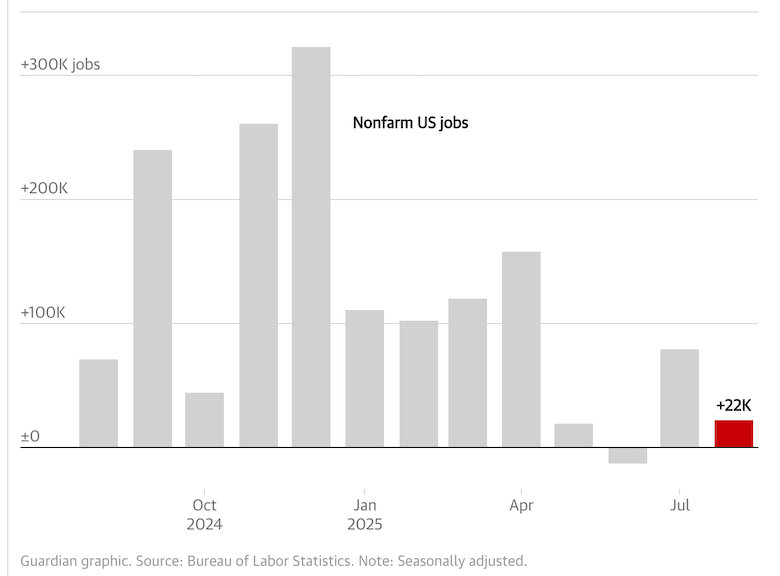The writer and digital rights activist coined the term ‘enshittifcation’ to describe the deterioration of the internet and it caught on. I wrote about it a couple of times (see here and here). He now has a book with that title that I will get and read soon.
In this interview with Ronny Chieng on The Daily Show Doctorow explains succinctly how enshittification comes about and what can be done about it. It is an excellent informative interview.

